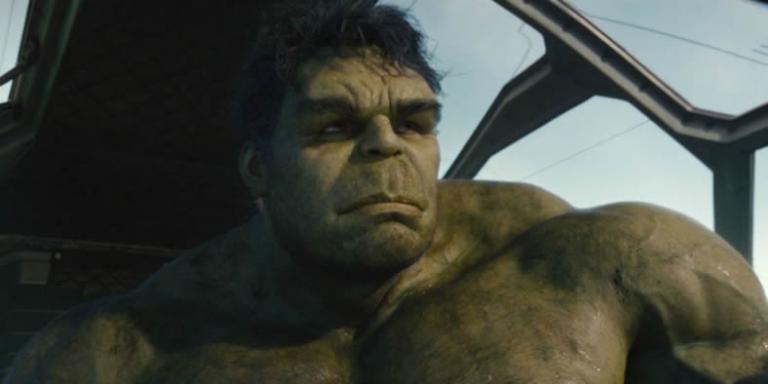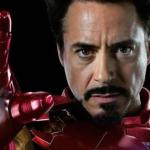
Just as Hulk was an attempt to create the next Captain America, Christianity is our very human attempt to honor, worship and try to reflect a little of God’s holy might, majesty and mercy, shown to us through God’s son, Jesus. Christians grapple with and, ideally, mitigate our human flaws and failings through the Christian Church. We hope, through its instruction and ultimately through Jesus, that we can get a little closer to the vision God originally had for us—the creations, the superheroes, he designed us to be.
But our world is a fallen one, and try as we might, those imperfections remain in us. And when we magnify them throughout the whole body of the Church (or even a pretty large swath thereof), those imperfections and failings can become almost monstrous.
“Violent, irrational, intolerant, allied to racism and tribalism and bigotry, invested in ignorance and hostile to free inquiry, contemptuous of women and coercive toward children: organized religion ought to have a great deal on its conscience,” writes Christopher Hitchens in God is Not Great: How Religion Poisons Everything.
Everything in that statement was true at one time or another. Some of those accusations hold weight today.
How I wish the history of our faith was cleaner and purer—that we always lived up to our own expectations of ourselves and reflected the will and wisdom of God. But even a cursory glance at history will tell us, in brutal, heartbreaking detail, how often and how horrifically we’ve fallen short. Folks calling themselves Christians have torn a bloody swath across the millennia, justifying Hulk-like rage in the name of a just and loving God. To paraphrase David Banner from the old Incredible Hulk television show, the world doesn’t like it when we’re angry.
Like Hulk, the power of religion can sometimes be yoked for unwise purposes.
Yoked or not, Christians sometimes confirm our critics’ worst fears about us. And so they see us as monsters. Some think the world would be better if religion would be wiped from the earth. If only the monster of faith could be killed or locked away.
But faith, especially Christianity, thrives in paradox.
Christianity’s critics remind us that Galileo was persecuted by the Catholic Church for his insistence that the earth orbited the sun. Those charges, some believe, are overstated, but even if they weren’t, those critics omit the fact that the Renaissance that allowed Galileo to flourish would’ve never come to be had it not been for hundreds of nameless monks transcribing and preserving centuries worth of Classical, foundational works from Greece and Rome. Christianity’s critics point to how Southern slaveholders often used biblical justifications to keep other people as property. But they sometimes neglect to say how the abolitionist movement was almost entirely powered by faith—fervent believers who risked their livelihoods and even their lives to stand against such an obvious, but culturally condoned, injustice.
Christianity has been central to some of the world’s greatest scientists, artists and leaders. It has spurred countless imaginations and built countless creations which have made our world infinitely richer. Study after study shows that religious people give more. They volunteer more. They spend more time with their extended families and seem to even be happier. And while some argue that all this happiness is a sign of ignorance—we Christians just don’t see the world as it really is—the sheer numbers of Christians who serve the needy overseas and in their own communities bely that. I’ve personally known people to give up their way of lives and dedicate their whole beings to helping others. I’ve heard of some who’ve given their very lives.
Ask the literally millions of people—perhaps billions—who’ve been helped by a faith-based ministry or organization to eat or work or go to school or be rescued from human trafficking, and they’ll tell you that religion isn’t the universal poison that Hitchens makes it out to be.
The Apostle Paul compares the Church to the human body. And just like how each part of the body has its own special duty, so do we have our own duties within the body of our faith.
Paul, I’m guessing, never pictured a green body. But that’s the way I kinda see the Church: both beautiful and terrible, fearsome and awesome.
Hulk can be a discomforting force in the world of Marvel—a sometimes unpredictable force that just might tear down a house as he tears through the bad guys. Faith, and how faith manifests itself, can be unpredictable, too. Sometimes dangerous. But like Marvel’s world would suffer without Hulk to beat back the real bad guys, our own world would be a far more terrible, hopeless place without it.













